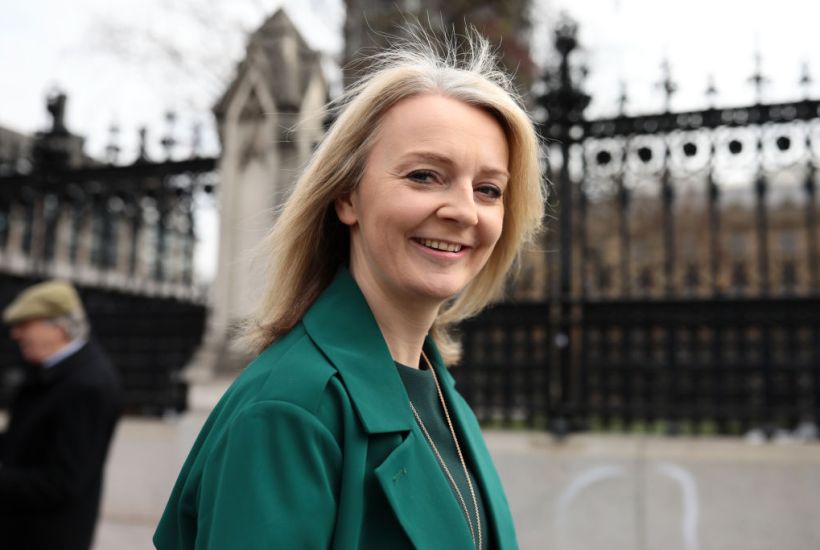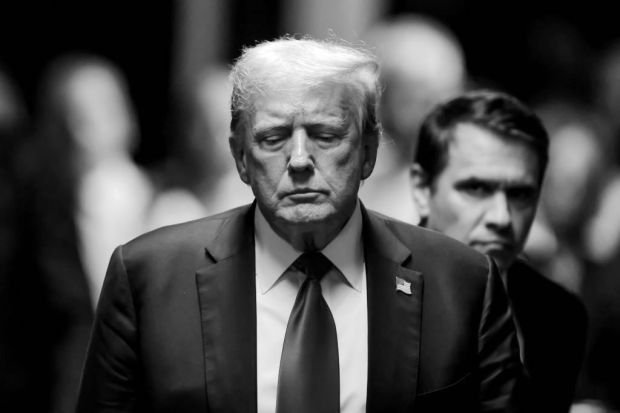Unless Her Majesty throws us all a curveball, Liz Truss will be the next prime minister. So let’s knock something on the head here and now: she is under no obligation to call an election before January 2025. The replacement of one prime minister with another in the middle of a parliamentary term is not a democratic deficiency.
Already a subscriber? Log in
Subscribe for just $2 a week
Try a month of The Spectator Australia absolutely free and without commitment. Not only that but – if you choose to continue – you’ll pay just $2 a week for your first year.
- Unlimited access to spectator.com.au and app
- The weekly edition on the Spectator Australia app
- Spectator podcasts and newsletters
- Full access to spectator.co.uk
Or


















Comments
Don't miss out
Join the conversation with other Spectator Australia readers. Subscribe to leave a comment.
SUBSCRIBEAlready a subscriber? Log in